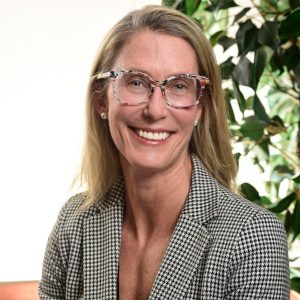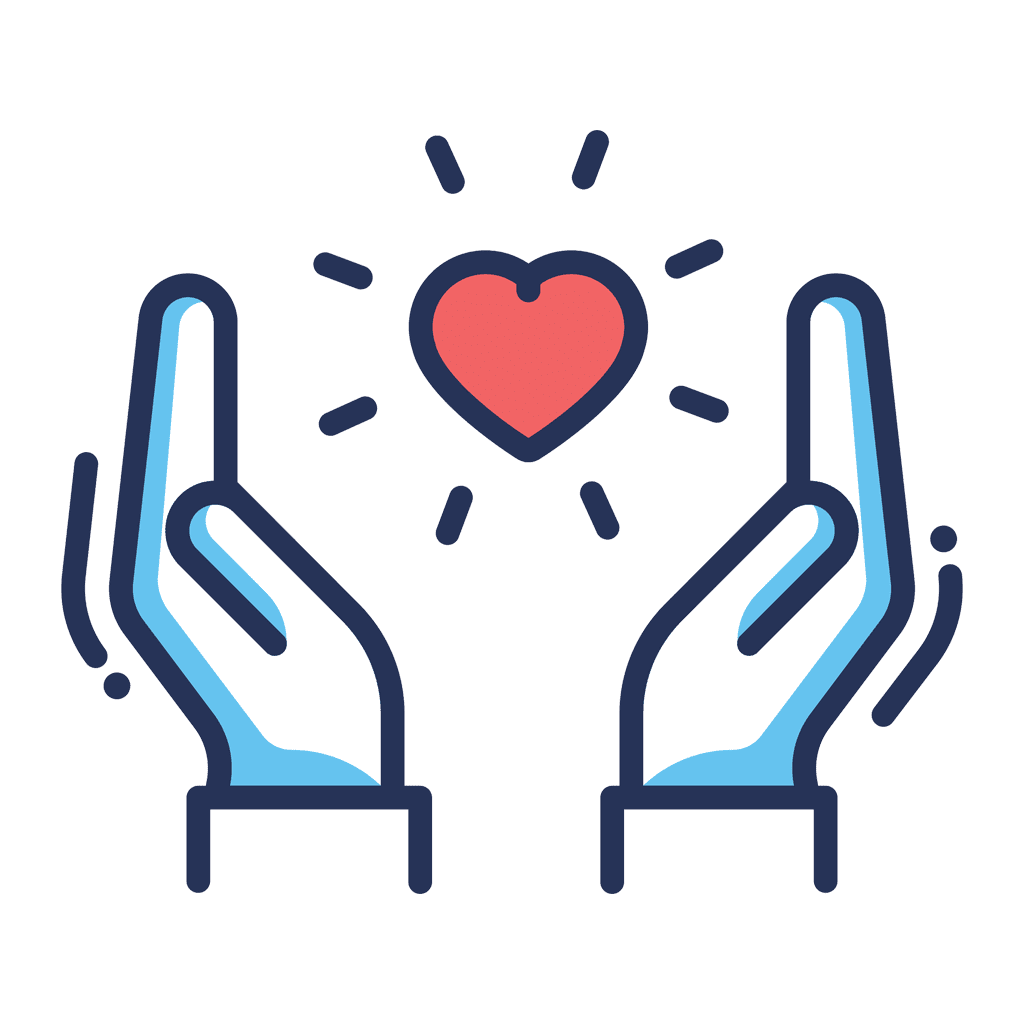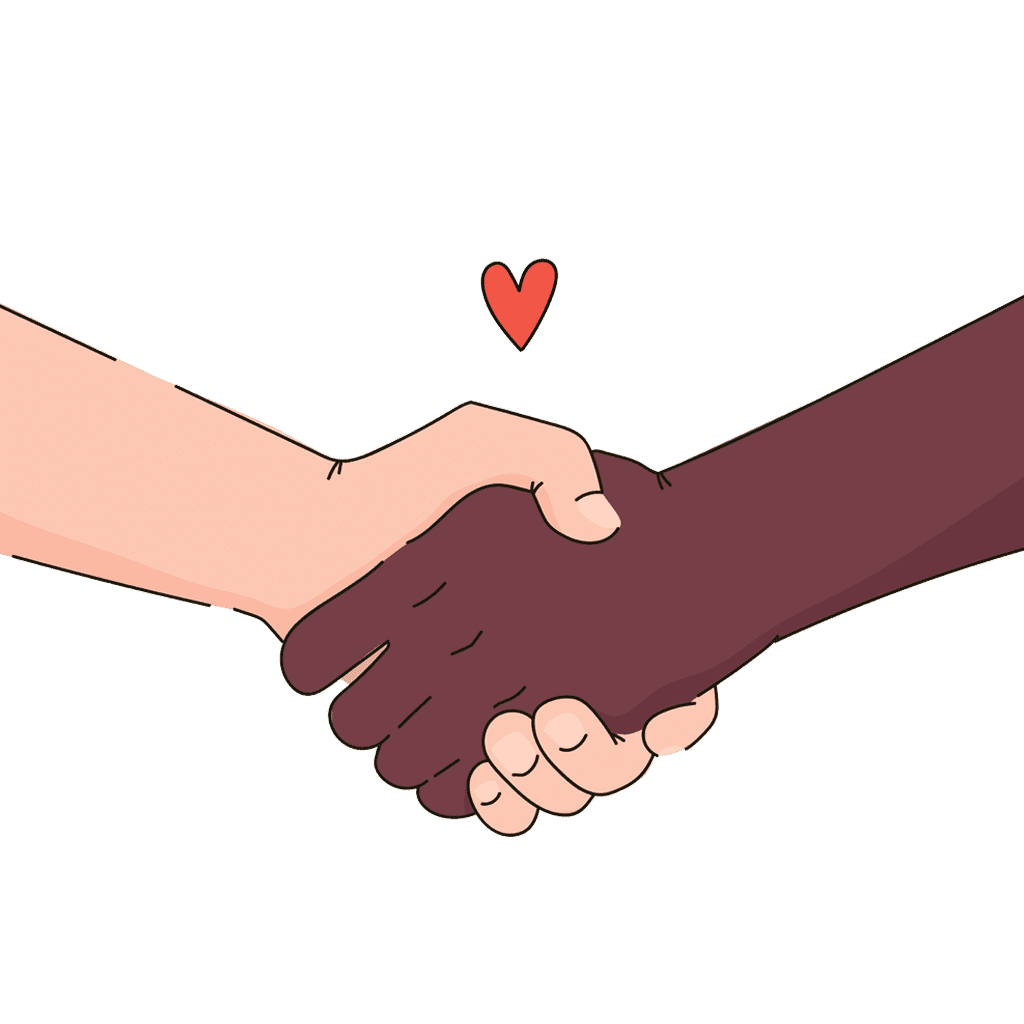Diversity, Equity, Belonging and Inclusion
A Message from Lori Dwyer, President & CEO
PCHC Colleagues and Members of our Communities:

PCHC President and CEO
At PCHC, diversity, equity, belonging, and inclusion are not just ideals—they are essential principles guiding our commitment to providing the highest quality of care for our patients and community. We understand that each individual’s social, economic, racial, gender, sex, ability, identity, and cultural experiences shape their unique health needs. By embracing this richness, we create a more equitable and inclusive healthcare environment, customizing care based on individual values, culture, goals, and needs.
We believe access to healthcare is a fundamental human right and that health equity and justice are the foundations of thriving communities. Grounded in the community health center movement and the social and civil rights movements of the 1950s and 1960s, we strive to meet the evolving needs of our communities today.
PCHC is unwavering in its commitment to building a diverse workforce that reflects the communities we serve. We actively recruit, retain, and promote individuals from varied backgrounds, ensuring all voices are heard. We believe diverse perspectives drive better outcomes and support this through ongoing DEBI training, evidence-based gender-affirming care, and empowering staff to advocate for inclusive practices.
PCHC’s Diversity, Equity, Belonging, and Inclusion (DEBI) Committee, reinvigorated in 2020, works across the organization to advance these values. Key initiatives include:
- Revising communications and policies to be gender inclusive
- Re-launching the “Humans and PCHC” campaign to foster community and highlight diverse experiences
- Representing PCHC at Pride Month events
- Cataloguing providers with expertise in LGBTQ+ care
- Delivering training on inclusive leadership, cultural competency, and bias
- Launching an internal monthly DEBI learning hub for staff
- Partnering with the state to provide culturally competent care for new Americans in the Bangor region
Through these efforts, we cultivate a culture where everyone feels seen, heard, and valued—leading to better health outcomes for all. Our work reflects empathy, grace, and affirmation, rooted in evidence-based care. We strive to dismantle systemic racism, build a just and peaceful community, and lift all people up.
Recognizing this foundational problem in our society and wanting to be part of the change, PCHC commits to the following:

Dialogue and Conversation
We will make time to engage in conversations among our workforce about race, racism, implicit bias, and privilege. This will start at the board and senior leadership level, and continue across the organization thereafter. We will learn together about the system and our part in it, how we can work to change it, and how we can be compassionate with one another in that process. These conversations will be facilitated by experts. They will not be easy but are the necessary predicate to justice.
Equality in Healthcare
We will view all that we do in quality improvement through the lens of equity, using every opportunity to promote equality by reducing disparities in health or social outcomes. Quality measures will be reviewed by race and other demographic categories, we will share these measures, and we will devote resources to eliminating these disparities.


Humility and Kindness
We will be kind to one another and listen with open hearts, even when it’s hard and we feel challenged or threatened in our views.
Accountability
We will be transparent about our progress and admit when we have failed to make progress. We will hold each other accountable for sustaining this work over the long term. We will post on this webpage our progress to build a more just workplace, and a more just community.
